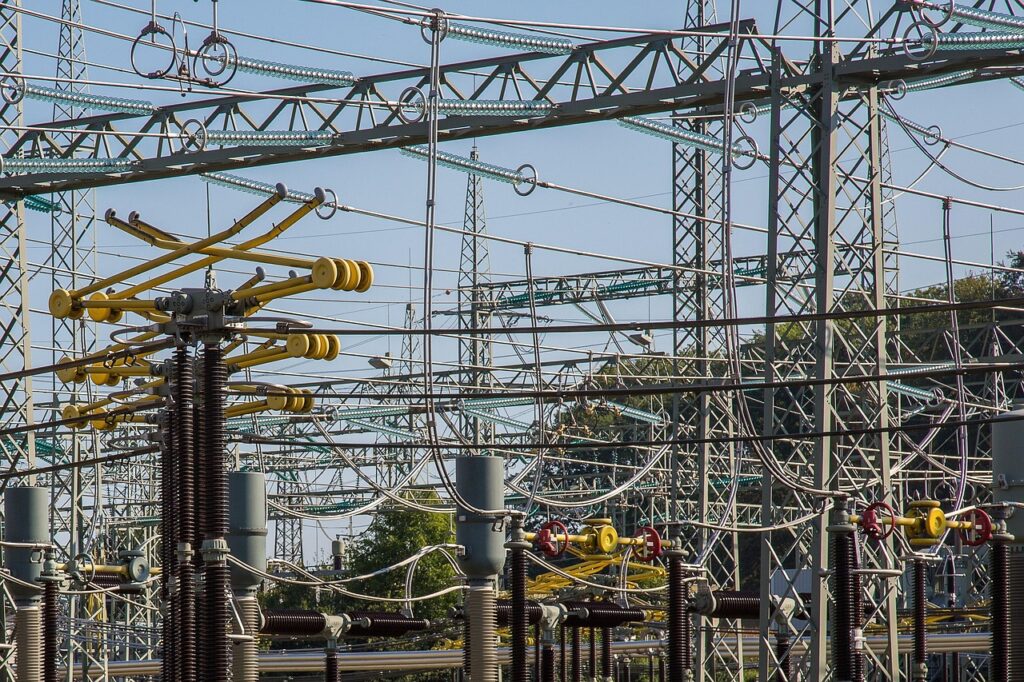Let’s imagine a semi-doomsday scenario
Let’s imagine a semi-doomsday scenario, which, sadly, is not that far-fetched. It’s a hot summer day, and the power goes out. You wait patiently for the first half hour, but the power doesn’t come back on. You don’t suspect anything yet and go about your day, finding something to do that doesn’t require electricity. Like washing the dishes (if you have water), or cleaning, sweeping the floor, or just sitting comfortably and checking your phone for any possible updates… IF you still have mobile internet.
An hour passes, and still nothing. Then two hours. You often go to the balcony and look out, seeing the neighbors popping out onto their own balconies or on the street. You know something is very wrong; you’ve lived there for ten years and have never seen all your neighbors outside at the same time. Three hours pass, and then four. It’s still daylight, but you forget that everything works with electricity and decide to go to the store. You’re out of bread, so you decide to get some. You are slightly concerned, but when you arrive home, you realize you have no water. You can’t flush the toilet, you can’t wash your hands, and, more importantly, you can’t drink water because you’ve been drinking tap water, and without power, the water pumps don’t work. You are getting concerned.
Now be brave and imagine this happening over the course of two, three, or more days. The probability of this happening is fairly low in many areas of Europe, the U.S., and other parts of the world, but it’s not entirely impossible either. We saw this “live” in Spain in April when the whole country was without power for about ten hours. Ten hours is nothing, and if you are lucky to be in a fairly civilized area, nothing absolutely major will happen. Hospitals switch to generators, important systems are restarted with some fail-safe solutions, and you may still get some form of communication. I don’t want to get into the crazy situation where you are stuck in a subway train somewhere in a dark place or in an area where it’s not safe to be even with full power and all cameras turned on. I just want to focus on what you do with the supplies. The rest is kinda very scary to think about. I imagine, or maybe just hope, that a similar situation—if it ever happens—will hit when I am at home and I will be a little bit prepared.
Will the years spent hiking and caving help me with this situation?
Can I be slightly prepared to breeze through this imagined maximum ten days of chaos, or will I be just as lost as everyone else? Most probably the latter is true. We think we are prepared, but when true disasters happen, we realize we have no clue.
This whole “what if” started a few days ago when I had a nice conversation about the possibility of being without electricity with my dear friend Susan. She lives in a house; we live in an apartment. I know living in a house gives a lot of advantages and the possibility to prepare for anything like this. Unless it’s a tiny house, there is usually more storage space available, or it’s possible to add more. Solar panels can be installed, as can solar water heating, and having a rainwater tank is also doable in most locations. So, it’s easier to prepare for anything like this.
Our whole “outdoor” space in this apartment is the two balconies. Neither of them is suitable for storing water, for example. In the apartment, we don’t have a basement, a storage room, or a big pantry. While it can be life-saving, you can imagine it’s not the nicest view to store bottled water for up to ten days for three people in the living room. So, finding solutions is quite difficult.
The Limitations of an Apartment vs. the Possibilities of a House
I do not like living in an apartment. I realize it has some benefits (easier to maintain, cheaper, etc.), but I do miss living in a house with a garage, a small tool shed, a dog playing outside in the yard, maybe a tiny pool, and some plants and trees. But for the moment, we are living in an apartment, and I try to make the best of it. When it comes to survival, however, apartments can be quite limiting. For our current living circumstances, an apartment is a better choice (hence why we live in one), but for me, the best living conditions can be achieved in a house.
I think this is going to be a huge topic to talk about! So, now in order to have a bit of peace of mind, here is the beginning of the list that I think I will need for an easier survival of this doomsday scenario:
The list
- Water is the most important thing.
- A generator. I have a very interesting solution for this that I think will work even in an apartment! (Okay, it’s a hybrid generator, but more on this later.) And no, it’s not solar, and I will explain why we can’t have a solar power solution. (This is easy: it’s due to the regulations and the roof being a common property with the other neighbors.)
- Food. For us, food is the easiest. I have tried fasting a while ago, and I know for sure I can go without food for at least seven days. I’ve done it more than once, so I know how it works. Fasting is very interesting, and the good news is, if you are a generally healthy adult, the lack of food is not going to be that terrible as you imagine. The body will scream for food because it’s used to getting it. But when there is no food, it will calm down. The hunger will return and go away. So for me at least, this part is easy. We have about three big cans of duck confit, some fish, and some beans. It’s enough food for a whole month.
- Solar batteries and very small solar gadgets to charge devices. While we can’t install large solar panels, nothing can stop me from having a portable solar panel and/or a solar battery charger to charge my phone.
- Having some cash at home. This is rather important. Nowadays, all the cashiers are electronic, and without power and internet, they are not working. You may have money on the card, but if you can’t pay with it, it’s going to be completely useless.
- The problems are deeper if it’s winter. However, where we are, the winters are all survivable without heating. But it’s important to think about this. How are you surviving the cold? For example, my parents’ place has a wood-based central heating system. All good, you might think; we have wood, so we’re not going to freeze to death. But the sad fact is, the stove runs with a pump, and the pump needs circulating water. So in case of a power outage, the heat also needs to be stopped as soon as possible. Or, you need a backup generator that can take over and fire up the pump.
So, I’m not even deep into this “conversation” with myself, and I already see how many other details are very important and how difficult it is to be ready.
Anyhow, I don’t know what you are going to do, but I will start building the “water storage” in our apartment.
How to Store Water in an Apartment?
The first solution that comes to my mind is to just go and get big bottles of water. Indeed, this is the seemingly cheapest solution. But bottled water has a validity period. I think the best approach would be to go and get about two big bottles of water with every shopping trip and label them to know the expiry date. When you have enough, check and consume the water so you always have a fresh stash. But what if you don’t drink bottled water? Our water source is very good, so we drink tap water. The bottles for 6-8 liters of water are usually very weak. If I buy these containers and start using them to “rotate” the water in them to always have fresh water, they won’t last for two cycles before they will be distorted and ready to break. We have good quality water here… and because of this, I think dedicated water bottles might work better for our particular case.
Water Bottles with tap
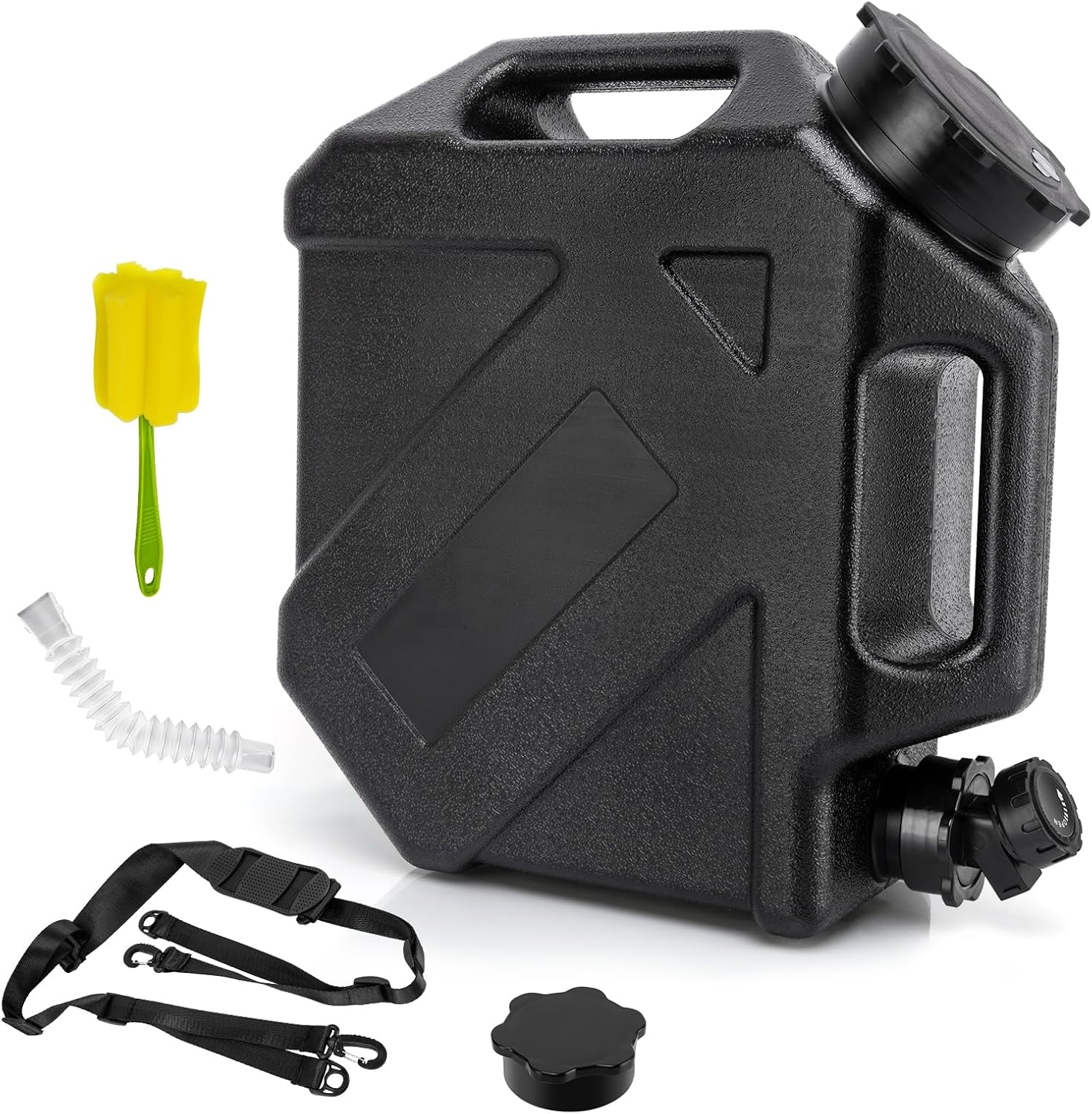
Camping Water Jug - 12 liters
I am considering one of these camping bottles (this is the 10 liter), to be sitting on the countertop in case of emergency. The tap allows for an ergonomic use, while the big top tap allows the easy cleaning and topping up.
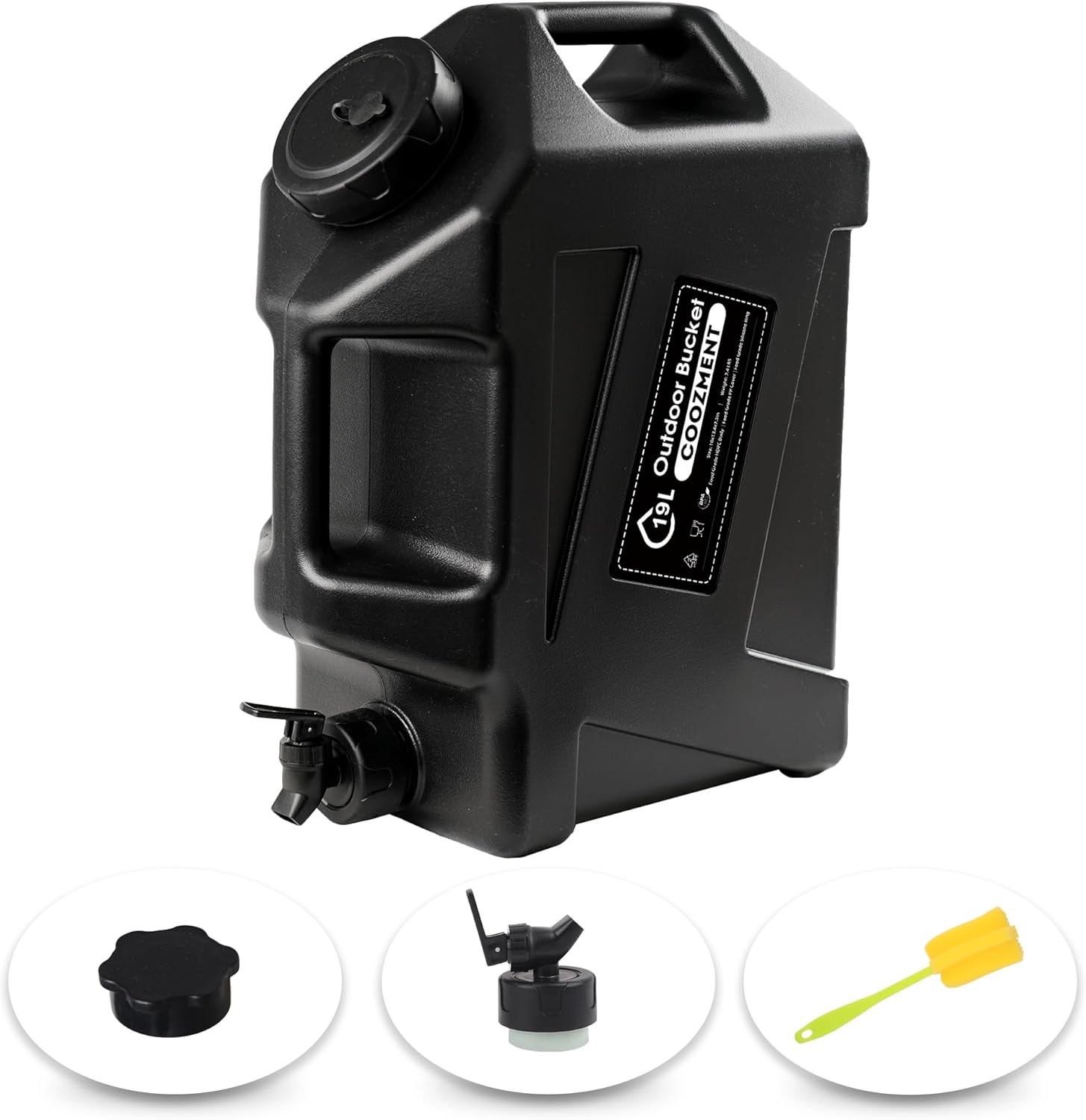
19L camping water bottle with tap
The same thing but a bigger version. Still compact enough, maybe a better option if you can still lift 19l of water 😀
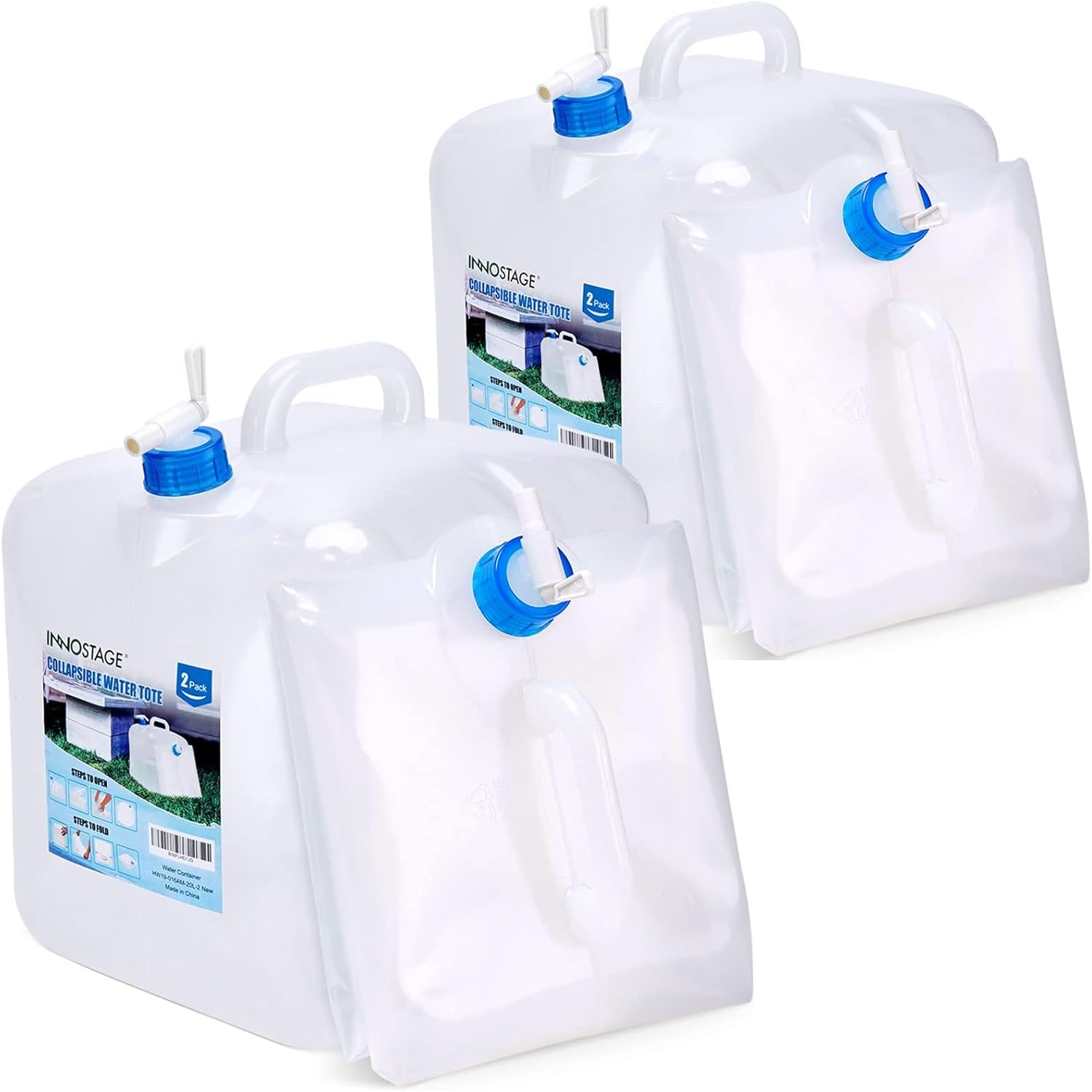
Collapsible Water Container
These are very handy while traveling for sure... although not sure if it´s the best idea to ¨survive at home¨.
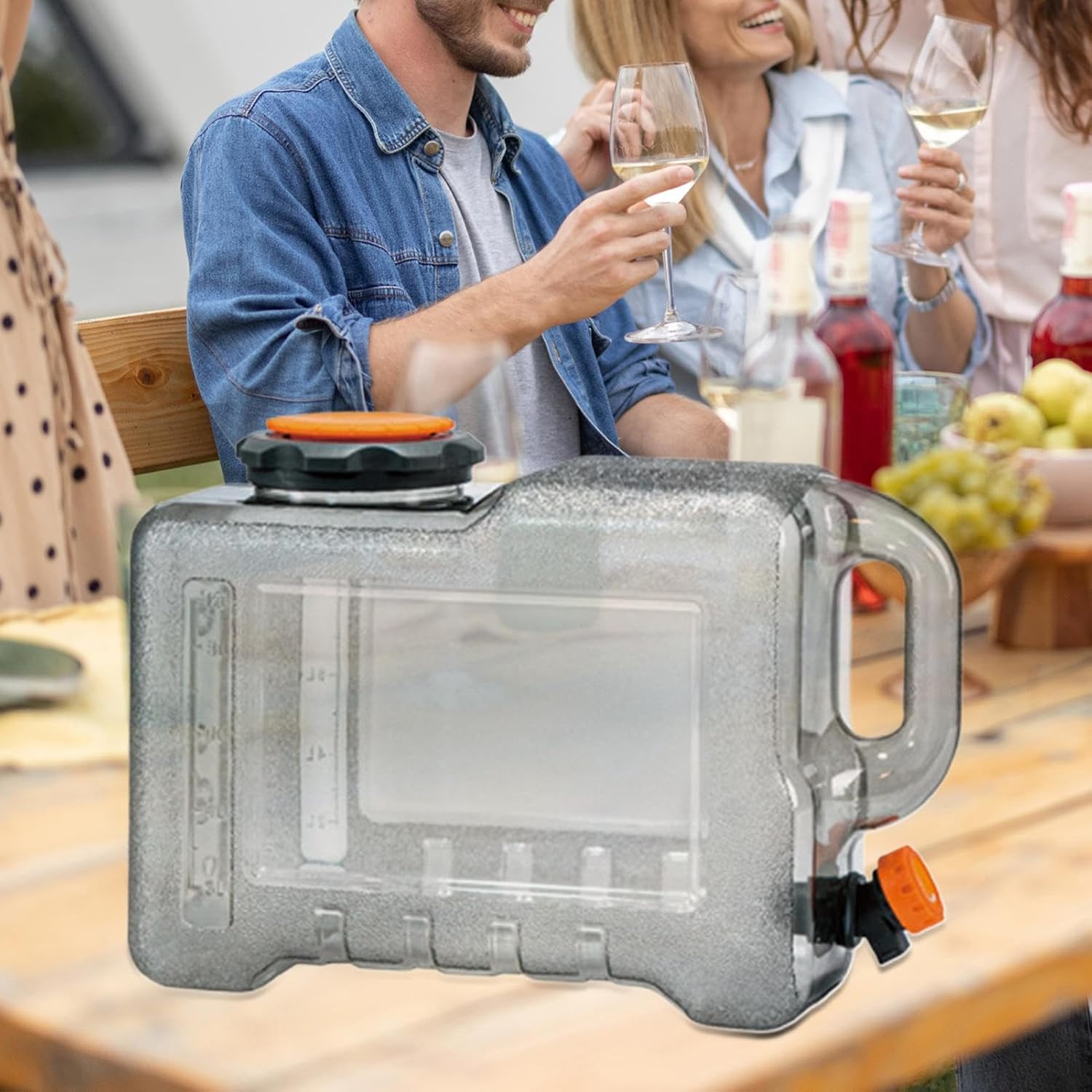
Transparent Water Container
I could live with this one as well... Since the purooise of these containers is to allow me easy access to the actually used water, It could also be transparent.
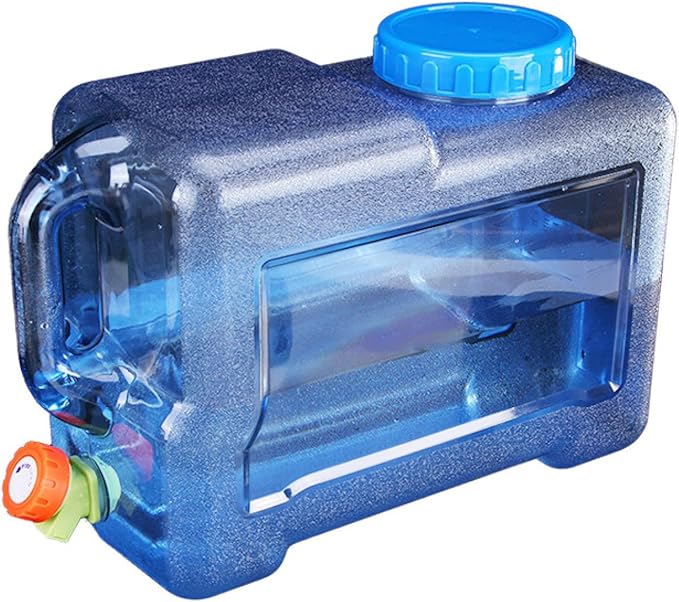
18 L water container with tap
This comes in various sizes, from 5L, 8L, 12L, 18 and 22. I would want the biggest one...
Water Bottles without tap
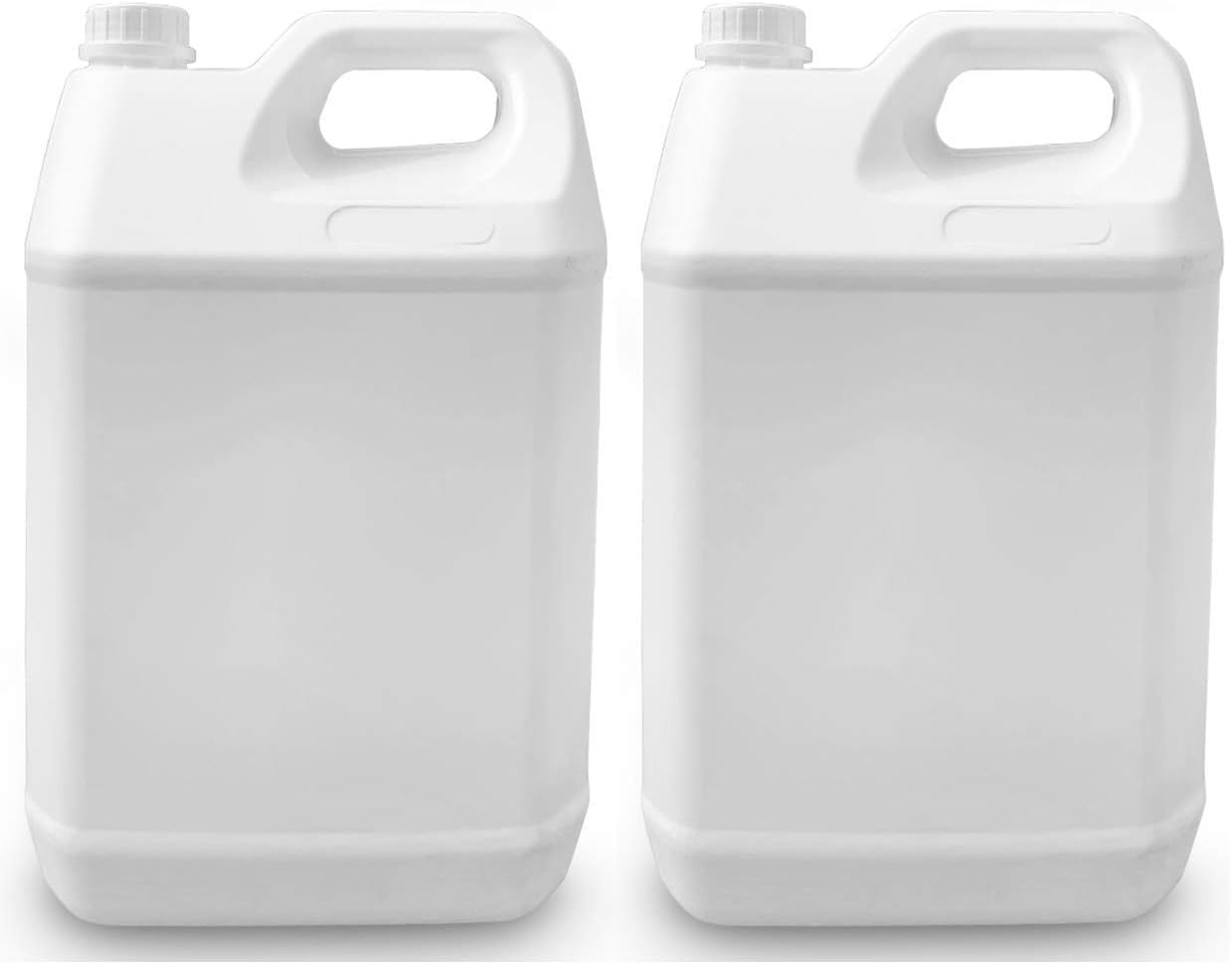
White water Container
Water Jugs: Meticulously crafted from food-grade polyethylene plastic that does not add taste, odor, or chemicals to the water; Water contained in each 5-gallon jug will stay clean
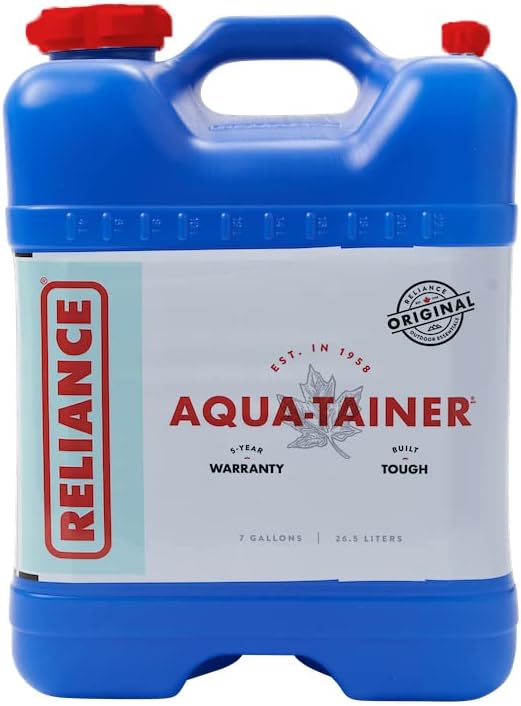
Reliance Products Aqua-Tainer
26L, this is huge , and looks very compact in size. I like how it could be nicely packed on a shelves occupying all the available space.
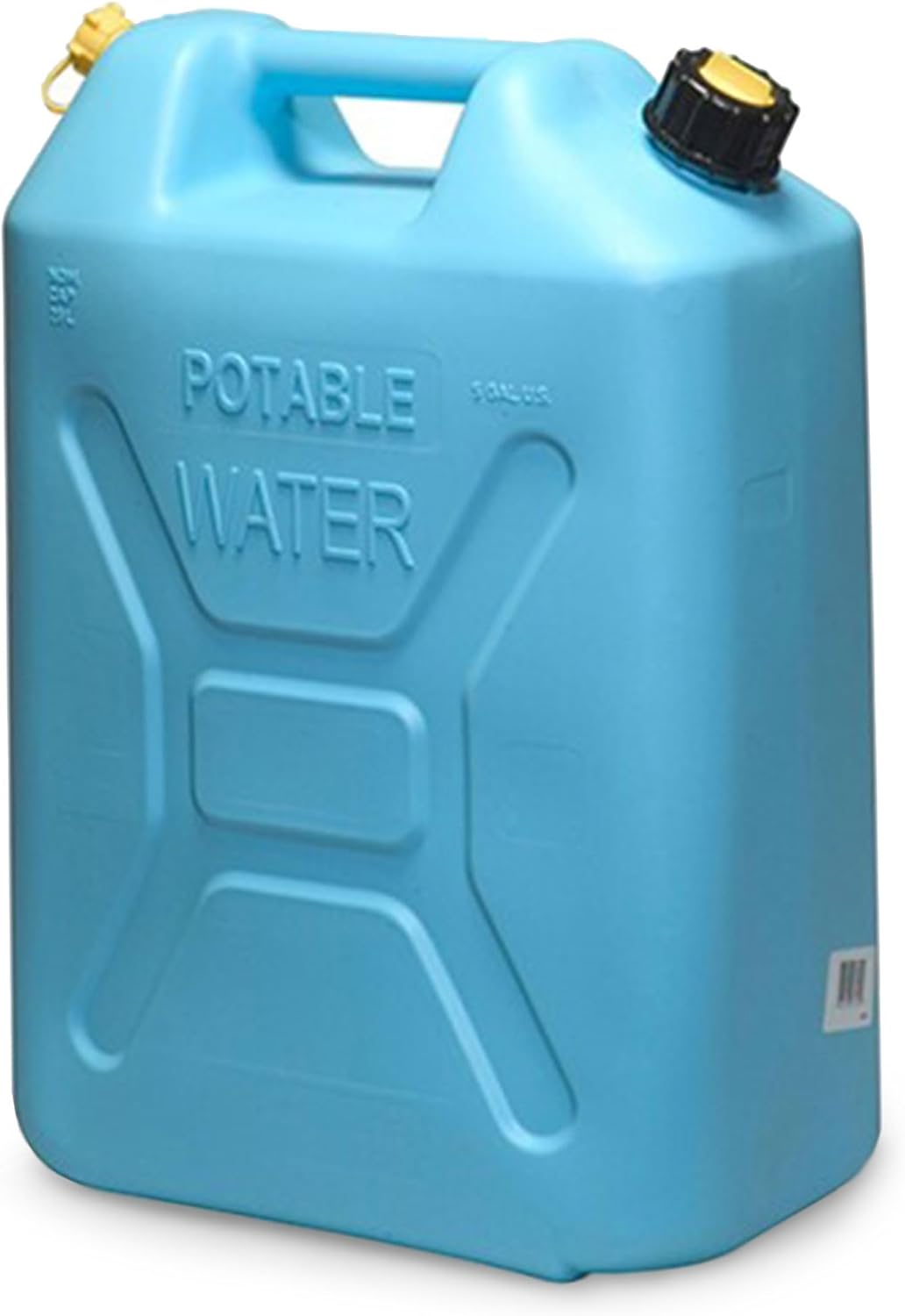
Military Style Food Grade Water Jug
Water Jugs: Meticulously crafted from food-grade polyethylene plastic that does not add taste, odor, or chemicals to the water; Water contained in each 5-gallon jug will stay clean
Other devices that might come handy
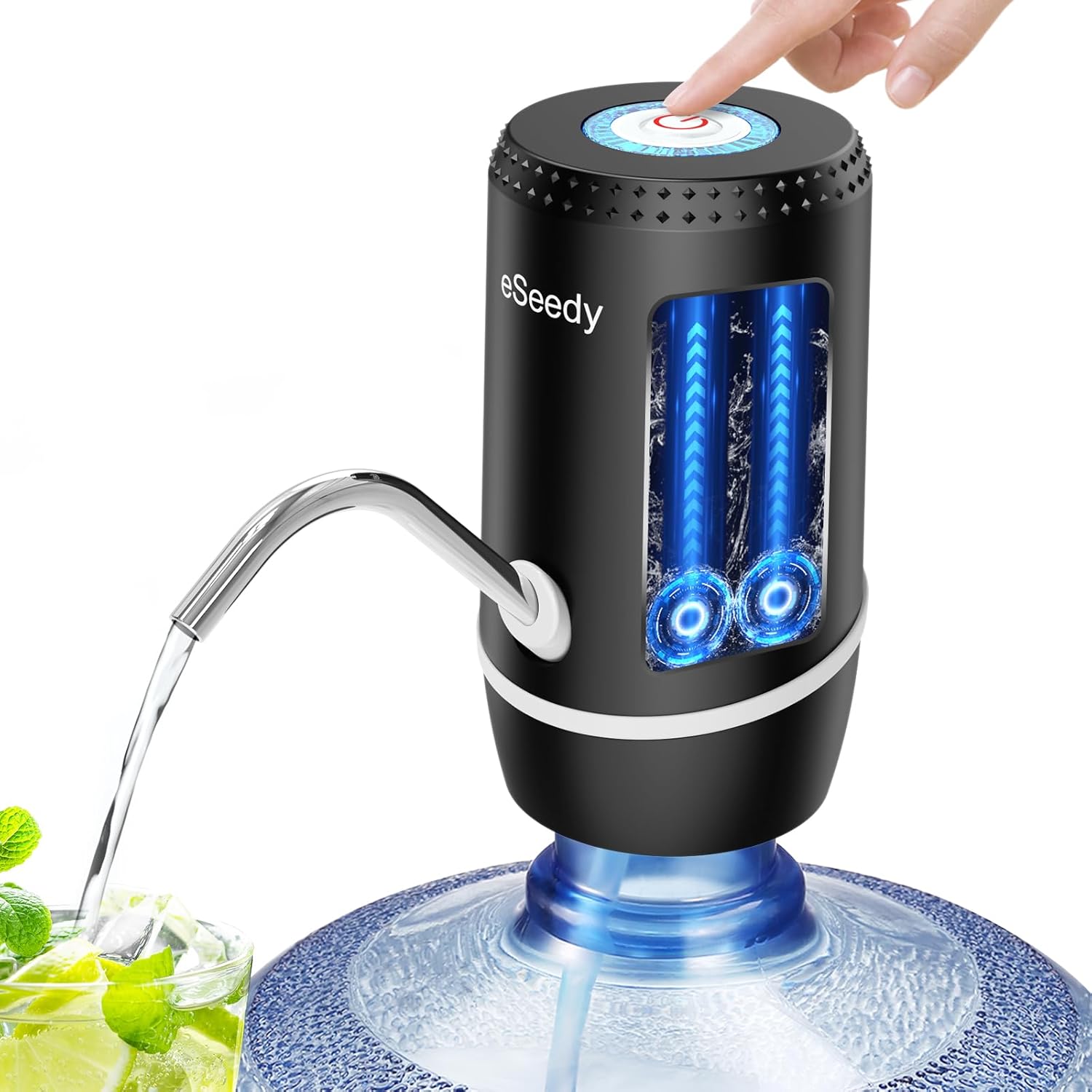
Water Pump for 5 Gallon Bottle
Battery operated, rechargeable 5 gallon bottle water pump. This is a good idea as it allows you to easily get the water in a glass for example, without having to do heavy lifting. If you can get this type of water buttles of course. In our place these are quite expensive, mostly businesses are using them.
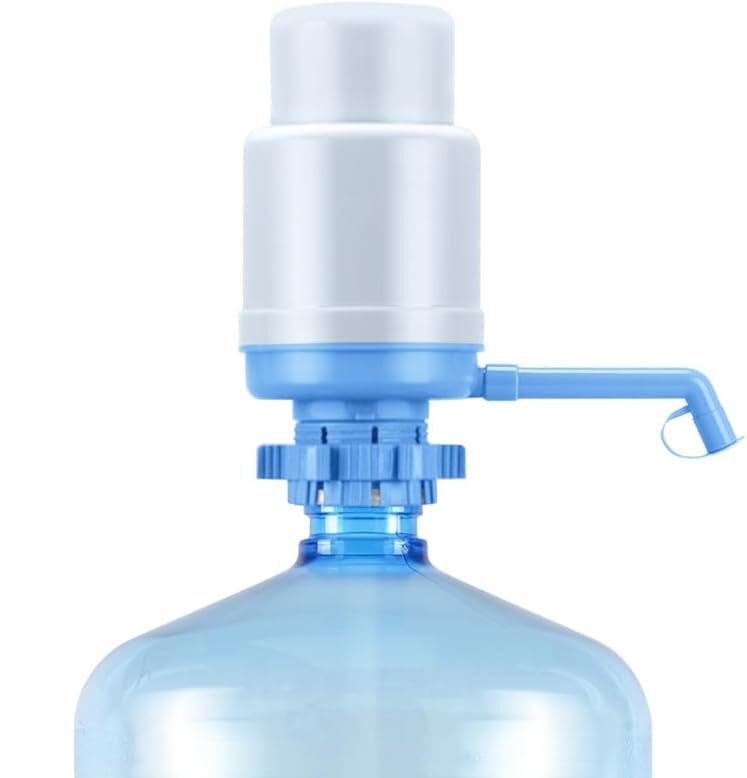
Manual Drinking Water Pump
Let´s not forget that we are preparing for dooms day when there is no electricity LOL. I think the best solution for this situation is the manual water pump that doesn´t require charged batteries or USB connection to run 😀
To be continued
By the time I got to this point, I realized there was so much more to say and to think about! It is simply amazing how used we are to the status quo of our life. We think that nothing can go wrong, that everything will work just as planned… and most of the time it kind of does. But I think it’s not a bad idea to prepare just a little bit so we have it easy if something goes a bit wrong. Let’s hope all this preparation will be mostly mental gymnastics.

